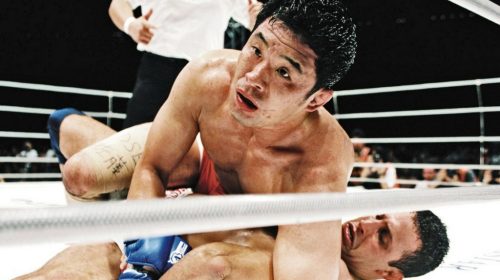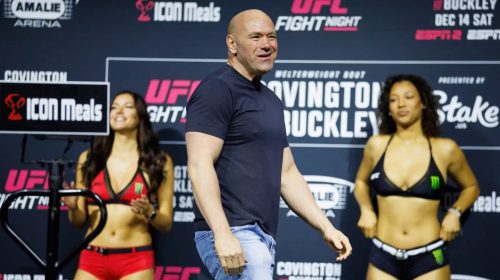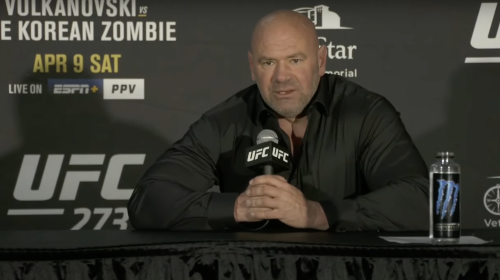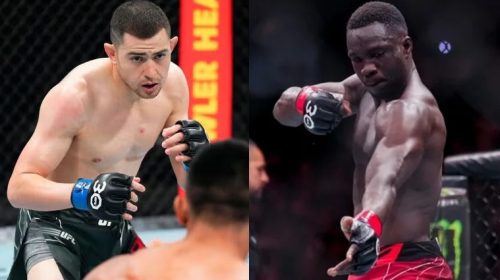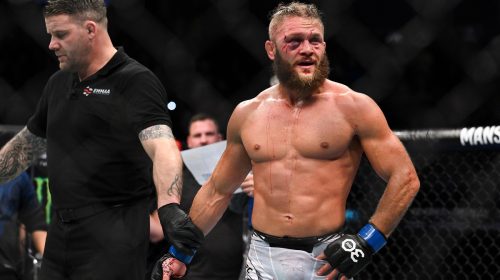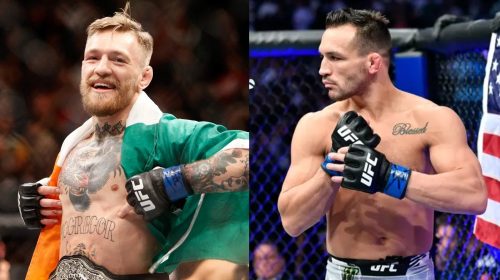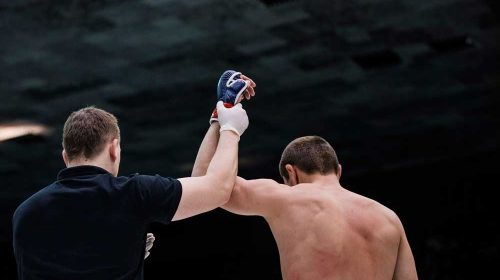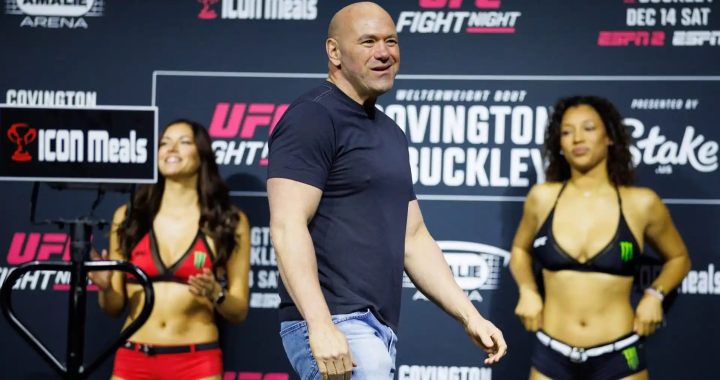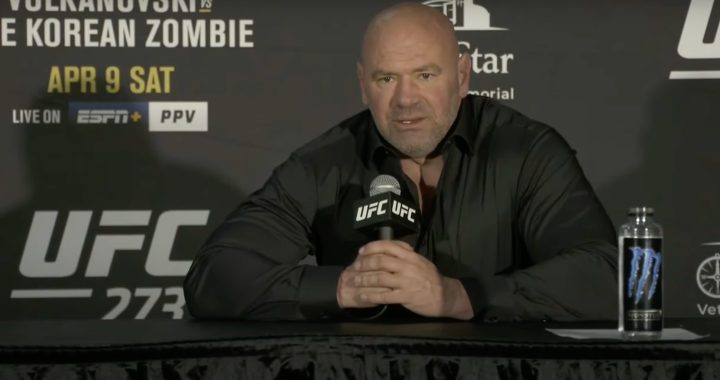The Impact of MMA in the entertainment industry
Mixed Martial Arts (MMA), notably represented by the Ultimate Fighting Championship (UFC), is one of the fastest-growing sports globally, witnessing unprecedented viewership growth. The surge has been particularly notable over the past five years, with an impressive 20% increase in viewership numbers within the United States alone.
UFC events attract between 300,000 and over 2 million viewers worldwide, depending on the fight card. Remarkably, the UFC has exceeded the million-dollar mark in pay-per-view buys 19 times, with UFC 229 reaching an all-time high of 2.4 million. Demonstrating its widespread appeal, the UFC fills arenas across the globe to their full capacity, consistently selling out venues that accommodate over 20,000 fans, ensuring a packed house on every fight night.

A Dynamic Shift in Fan Engagement
MMA’s ascent to mainstream prominence is attributed to its adaptability and appeal across diverse platforms. Embracing the digital era, MMA has leveraged social media and streaming services to reach a broader audience. Figures like Chatri Sityodtong, Chairman and CEO of the ONE Championship, highlight the sport’s success in engaging fans through “bite-size” content on platforms such as TikTok, Instagram, and Facebook. This strategy allows fans to effortlessly consume thrilling moments from matches, fostering a deep connection with the sport and its athletes.
MMA’s inclusivity and universal appeal, as exemplified by organizations like the ONE Championship, have propelled it into the top echelons of global sports properties. Achievements such as trending number one on Twitter both in the US and globally underline the sport’s immense digital footprint and ability to ignite fandom worldwide.
The Evolution of MMA and Its Global Reach
The transformation of Mixed Martial Arts (MMA) from its raw, unrefined beginnings into a global entertainment powerhouse showcases the sport’s dynamic evolution. Initially, MMA was perceived as brutal fighting with minimal rules, appealing only to a niche audience. However, the sport underwent a significant metamorphosis over time, integrating various martial arts disciplines and adopting stringent regulations.
The evolution enhanced its legitimacy and broadened its appeal, enabling MMA to transcend its initial confines. The sport’s ability to merge elements from different fighting styles into a cohesive and highly competitive format has captivated a diverse audience, propelling it into the mainstream.
Furthermore, MMA’s surge in popularity has made it a favorite among sports bettors, a trend that has been amplified by the legalization of sports betting in various regions. For instance, the recent legalization of sports betting in North Carolina, allowing fans to take advantage of NC sports betting promos, further demonstrates the sport’s growing appeal in the betting community. Such legalizations across states have not only expanded the market for sports betting but have also intensified fan engagement with MMA.
Economic Implications and Celebrity Influence
The allure of celebrity influence has significantly magnified the rise of Mixed Martial Arts (MMA) into the entertainment stratosphere. High-profile athletes within the MMA sphere, such as Conor McGregor, have transcended the traditional boundaries of the sport, becoming icons in mainstream media and entertainment. Their participation in blockbuster movies, reality TV, and even professional wrestling has spotlighted MMA’s thrilling dynamics and brought a new audience to the sport.
The crossover appeal has led to lucrative endorsement deals and partnerships with global brands, further elevating the athletes’ profiles and enriching the sport’s economic landscape.
Moreover, the presence of celebrities at MMA events as spectators and commentators has added a layer of glamor and widespread appeal, attracting even those previously uninterested in combat sports. Influential figures across various industries endorse MMA, which highlights its cultural significance and ability to captivate a broad audience. This celebrity endorsement effect has been crucial in MMA’s transformation from a niche interest to a global entertainment powerhouse.

Impact on Traditional Martial Arts
The popularity of MMA has also sparked discussions about its impact on traditional martial arts. While some purists express concerns over the dilution of these ancient practices, the reality is more nuanced.
MMA has introduced traditional martial arts to a broader audience, potentially revitalizing interest in judo, karate, and Brazilian jiu-jitsu disciplines. The fusion of various martial arts within MMA competitions demonstrates a celebration rather than a diminishment of these traditional forms.
Final Thoughts
The transformative journey of Mixed Martial Arts (MMA) through the entertainment industry is a compelling narrative of evolution and influence. This dynamic sport has transcended its initial status as a niche combat spectacle, becoming a cornerstone of global entertainment, engaging audiences worldwide, and reshaping the entertainment landscape.
With its deep integration into digital platforms, legalization of sports betting, and the undeniable impact of celebrity endorsements, MMA showcases an unparalleled adaptability and appeal. Its future, poised for further growth and innovation, promises to solidify its role as an integral and vibrant component of the entertainment world. It continues to captivate and inspire a diverse and expanding fan base.




